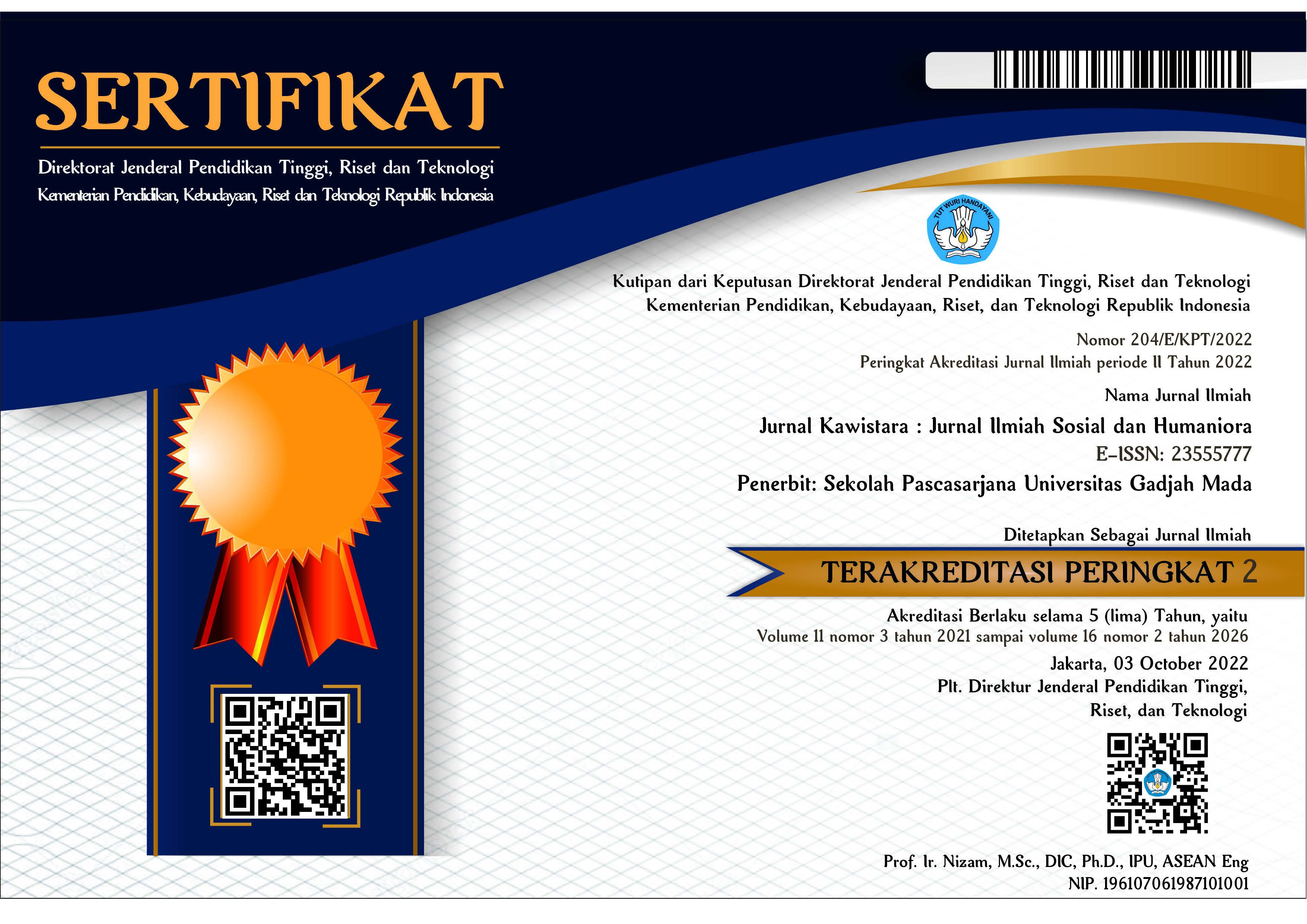PENGUJIAN KESETARAAN PRESISI DAN SKALA UKUR BUTIR-BUTIR PADA SKALA PSIKOLOGI
Wahyu Widhiarso(1*)
(1) Fakultas Psikologi Universitas Gadjah Mada
(*) Corresponding Author
Abstract
The purpose of this study is to identify the measurement models that appropriate to measure psychological
attributes toward psychological scale. Measurement models that includes is parallel, tau-equivalent and
congeneric models. Each model has different assumptions according to each item’s precision and scale
measuring on psychological scale. As a sample of psychological scale, this study uses Child Depression
Inventory (CDI) and Rosenberg Self-Esteem Scale. Data was taken from the 3.183 adolescents from junior
and senior high school in DIY, with ages ranging from 15 to 19. Both scale were tested using the Hotelling
T2 test for testing the equality of mean and variance as well as confi rmatory factory analysis through
structural equation modeling to rest the accuracy of the model. This study found that psychological scales
tend to fi t better with the congeneric model than others. The congeneric model is one which assumes
that every item in a scale has a different precision and scale of measure. Therefore, it is concluded that
items tend to be measured in psychological attributes, with relative variation.
attributes toward psychological scale. Measurement models that includes is parallel, tau-equivalent and
congeneric models. Each model has different assumptions according to each item’s precision and scale
measuring on psychological scale. As a sample of psychological scale, this study uses Child Depression
Inventory (CDI) and Rosenberg Self-Esteem Scale. Data was taken from the 3.183 adolescents from junior
and senior high school in DIY, with ages ranging from 15 to 19. Both scale were tested using the Hotelling
T2 test for testing the equality of mean and variance as well as confi rmatory factory analysis through
structural equation modeling to rest the accuracy of the model. This study found that psychological scales
tend to fi t better with the congeneric model than others. The congeneric model is one which assumes
that every item in a scale has a different precision and scale of measure. Therefore, it is concluded that
items tend to be measured in psychological attributes, with relative variation.
Keywords
Measurement Model, Psychological Scale, Items Precision and Scale Measure
Full Text:
PDFArticle Metrics
Refbacks
- There are currently no refbacks.
Copyright (c)
Jurnal Kawistara is published by the Graduate School, Universitas Gadjah Mada.







